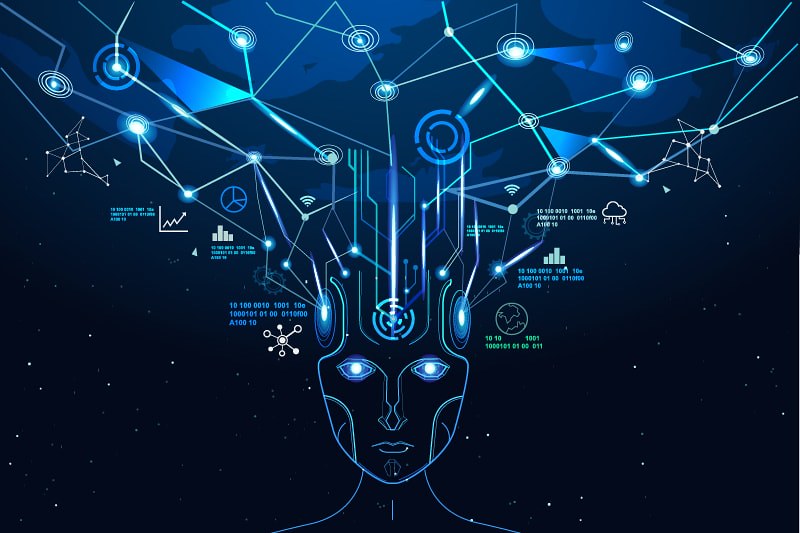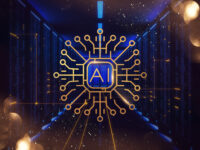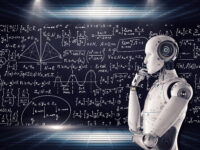Previously unimaginable galaxies billions of miles away are now at our fingertips thanks to modeling powered by artificial intelligence. Artificial intelligence (AI) is the ability of a machine to learn from experience and carry out functions similar to the human mind. AI works by recognizing patterns from large data sets and making decisions similar to those of humans based on some sort of judgment encoded in an algorithm. If successfully implemented, the use of AI can transform the practice of science and alter the roles that humans play within the scientific community.
“A specific use of AI is called generative modeling, a strategy that produces a distribution of possibilities and their probabilities.”
One of the many sciences that AI has greatly benefited is physics. A specific use of AI is called generative modeling, a strategy that produces a distribution of possibilities and their probabilities. In physics, it is currently being used to look at different galaxy shapes. Based on data that has already been collected, generative modeling collects information and spits out different possibilities for each galaxy. This allows researchers to quickly make hypotheses about what a galaxy will look like, making astrophysical research significantly more efficient.
AI is also proving useful in drug development since AI algorithms can analyze large datasets of chemical and biological information to identify potential drug candidates. This process makes the identification of compounds more efficient, reducing the time and cost in the initial stages of drug development. AI modeling and predictions can simulate the effects of potential drugs on the human body as shown in a recent study conducted by Rizwan Qureshi and their team. AI-driven robotics are also incredibly helpful when performing research. Robotic systems can run experiments at all times of the day, making the drug development process even more efficient.
In the field of nursing, AI is transforming the way healthcare professionals deliver patient care. The Rothman Index, a machine learning algorithm used to quantify a patient’s condition, acts as a “first set of eyes” because it is used before a nurse’s opinion. The index continuously monitors patients’ vital signs and alerts healthcare providers when any quantities are out of range. Nurses can monitor these metrics, increasing the efficiency of care and quickly identifying patients in need of attention. The Rothman Index can improve patient outcomes and reduce healthcare costs, highlighting the power of AI in clinical settings.
“Ethical questions surrounding the use of AI in decision-making, especially in healthcare, need to be addressed before making it becomes standard practice.”
However, there are many controversies and challenges associated with the increasing role of AI. People often bring up concerns about data privacy, algorithm bias, and job displacement in many fields. Ethical questions surrounding the use of AI in decision-making, especially in healthcare, need to be addressed before making it becomes standard practice. Many people are struggling to understand and create a balance between AI capabilities and human decision-making. Despite the controversies and challenges, AI has made many scientific practices more efficient and, if used correctly, could continue making groundbreaking changes to the scientific world.






